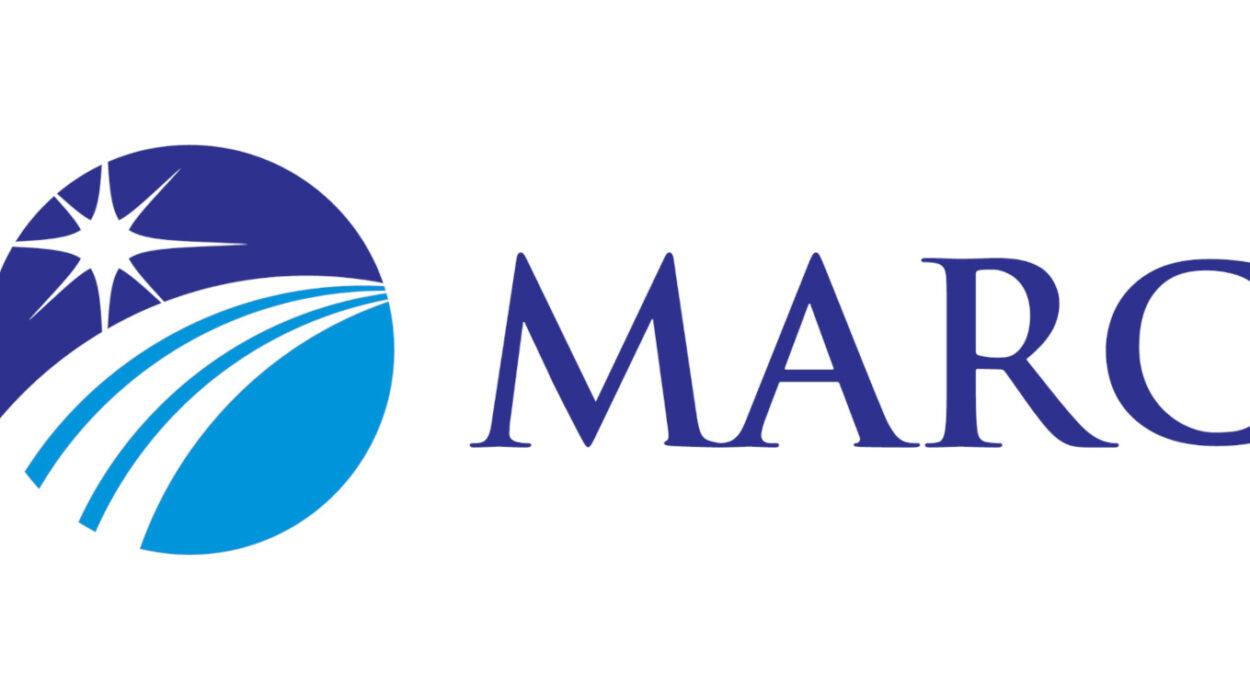
Celebrating A Decade of Dedication: Honoring Three MARC Team Members’ 10-Year Anniversaries
At Maryland Addiction Recovery Center (MARC), our mission has always been to provide hope, healing, and comprehensive support to individuals…
Home / Blog




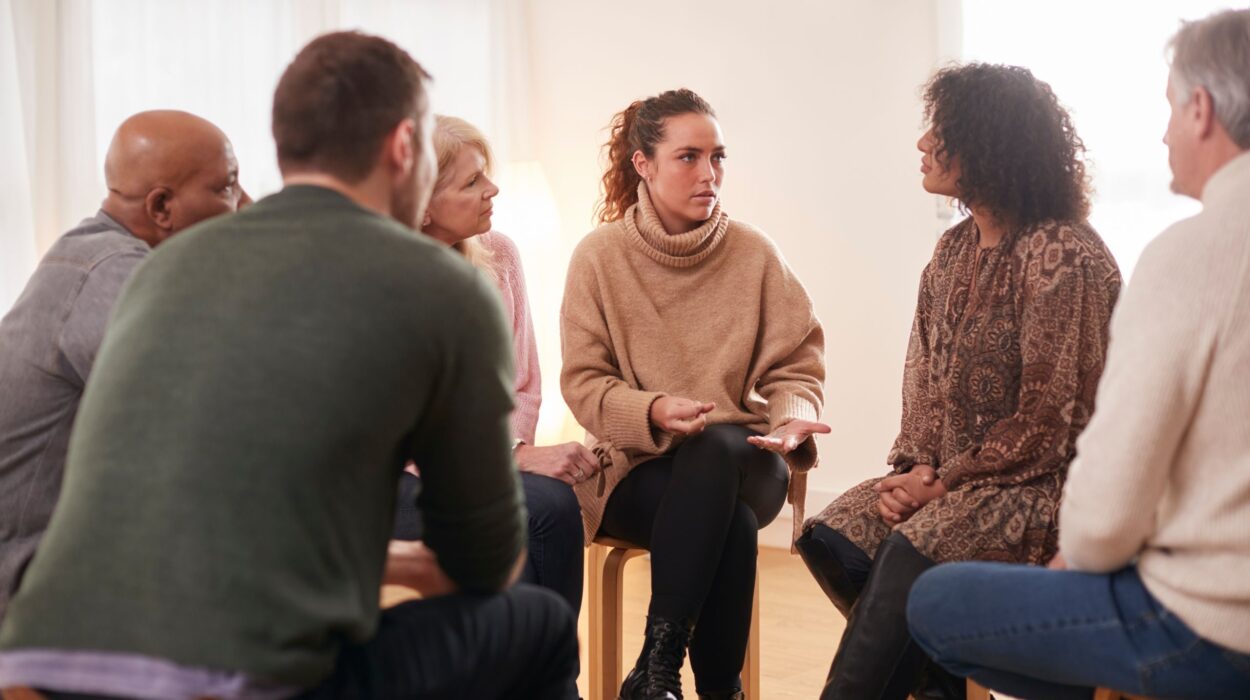
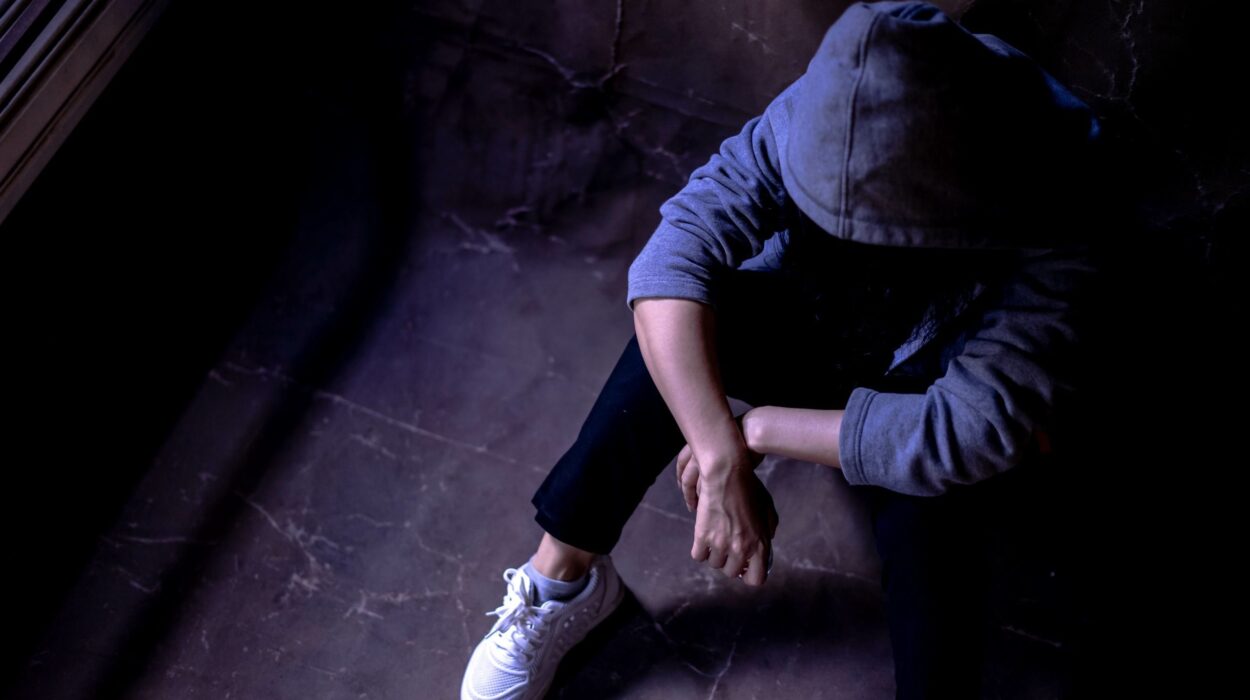


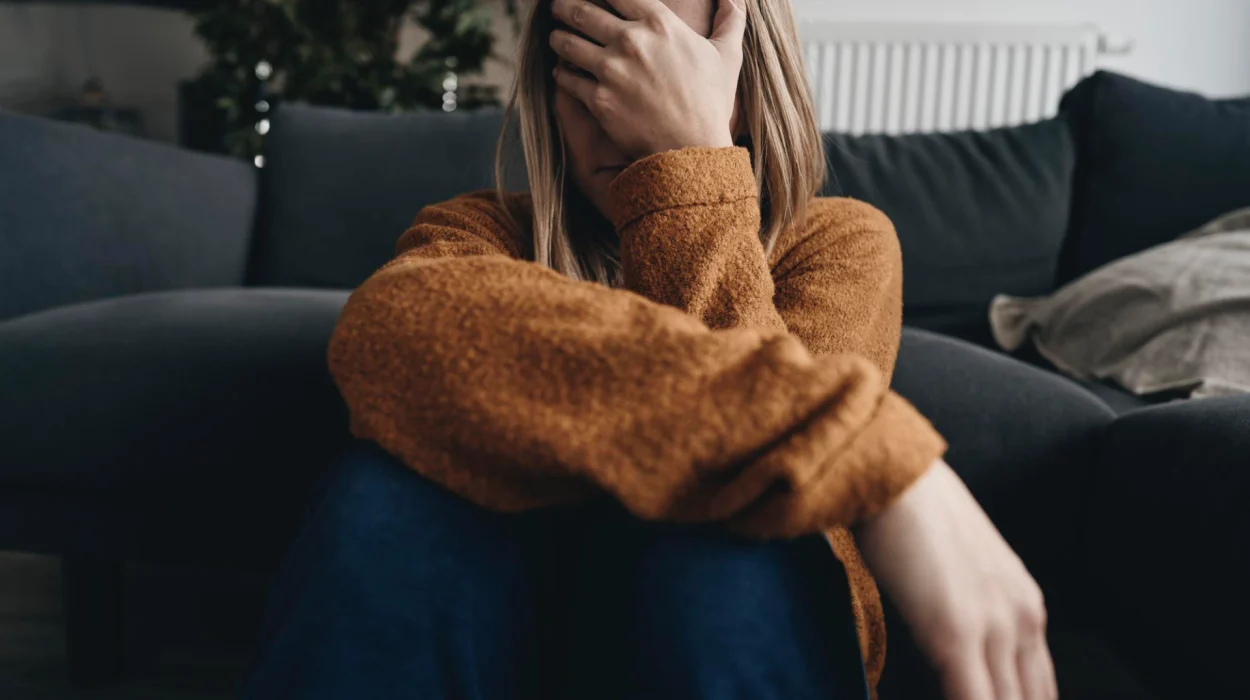
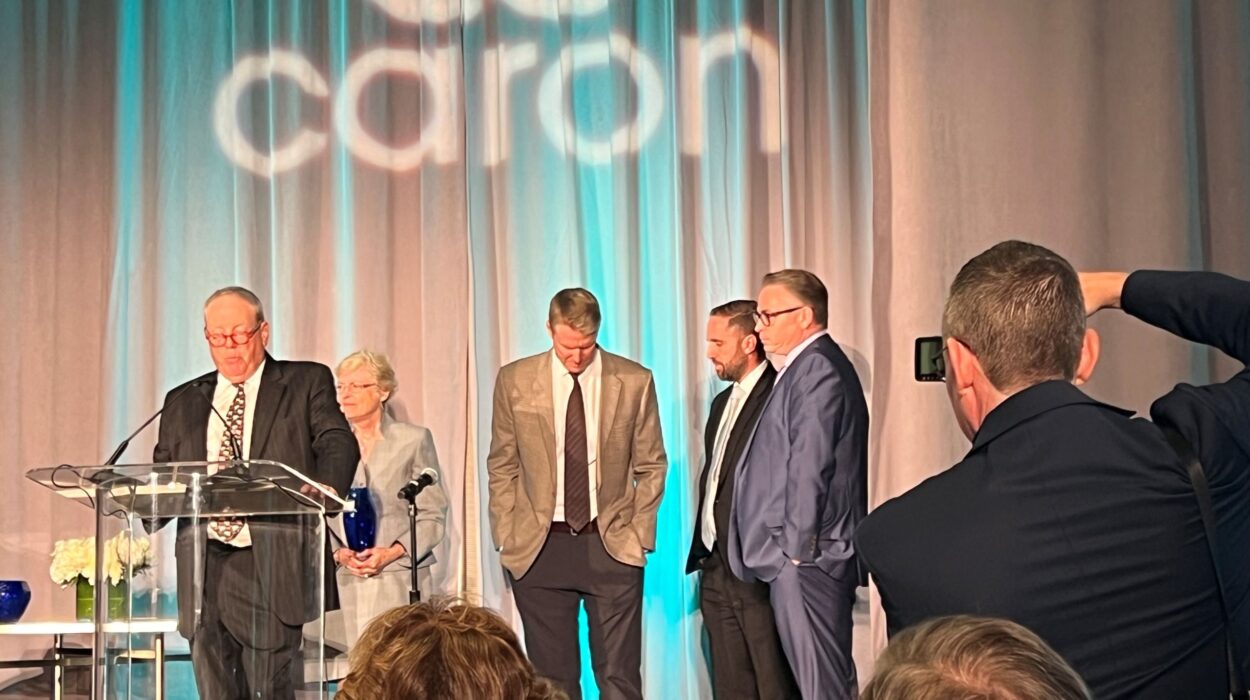
Adding {{itemName}} to cart
Added {{itemName}} to cart